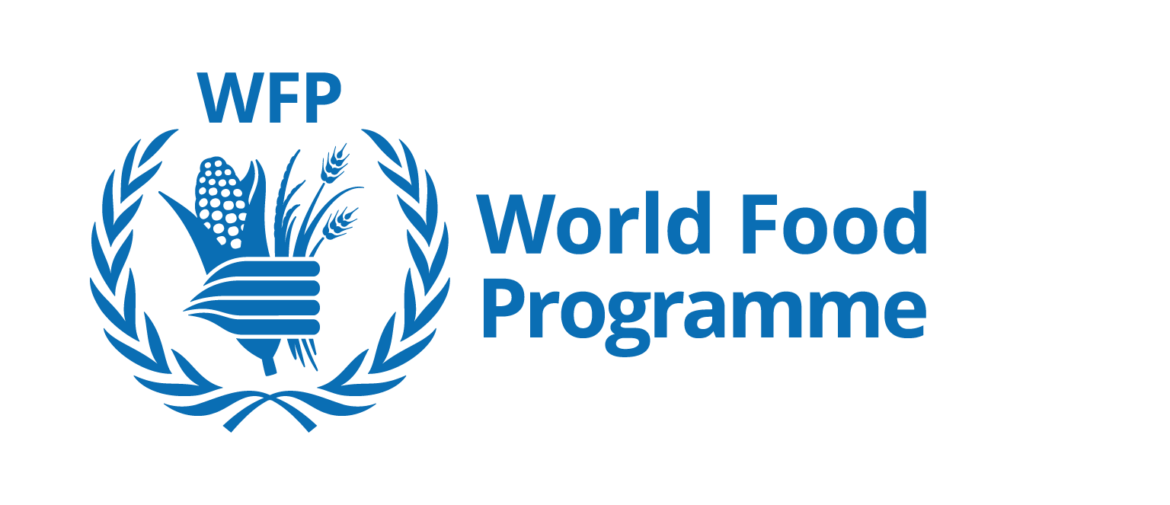By Asmau Ahmad
The world is at risk of another year of record hunger as the global food crisis continues to push more people into worsening levels of acute food insecurity, warns the United Nations World Food Program (WFP) in a call to action.
The global food crisis is a confluence of competing crises, triggered by climate shocks, conflict and economic pressures, that has raised the number of hungry people worldwide from 282 million to 345 million in the first months of 2022 alone.
WFP expanded its scaled food assistance goals to reach a record 153 million people by 2022, and by mid-year we had already delivered assistance to 111.2 million people.
“We are facing an unprecedented global food crisis and all signs suggest that we are yet to see the worst.
Over the last three years, hunger figures have repeatedly reached new peaks.
Let me be clear: things can and will get worse unless there is a large-scale, coordinated effort to address the root causes of this crisis.
We cannot have another year of record hunger,” said WFP Executive Director David Beasley.
WFP and its humanitarian partners are stopping famine in five countries: Afghanistan, Ethiopia, Somalia, South Sudan and Yemen.
Too often, it is conflict that drives the most vulnerable to catastrophic hunger, with communications disrupted, humanitarian access restricted and communities displaced.
The conflict in Ukraine has also disrupted world trade, raising transport costs and delivery times, leaving farmers without access to the agricultural inputs they need.
The domino effect in the next harvests will reverberate throughout the world.
Climate shocks are increasing in frequency and intensity, leaving those affected with no time to recover between disasters.
An unprecedented drought in the Horn of Africa is pushing more people into alarming levels of food insecurity, and famine is now projected in Somalia.
Flooding has devastated houses and farmland in several countries, most notably Pakistan.
Anticipatory action must be at the core of the humanitarian response to protect the most vulnerable from these impacts, and a central part of the agenda at the 27th Conference of the Parties (COP27) next month in Egypt.
Meanwhile, governments’ ability to respond is limited by their own economic problems (currency depreciation, inflation, over-indebtedness) as the threat of a global recession mounts.
This will increase the number of people who cannot afford food and need humanitarian support to meet their basic needs.
WFP’s operating plan for 2022 is the most ambitious in the agency’s history.
It prioritizes action to prevent millions of people from starving while working to stabilize and, where possible, build resilient national food systems and supply chains.
So far this year, WFP has increased assistance to Sri Lanka by a factor of six in response to the economic crisis, launched an emergency response to floods in Pakistan and scaled up operations to record levels in Somalia as famine looms.
In Afghanistan, two out of five Afghans have received assistance from WFP.
WFP also launched an emergency operation in Ukraine and opened a new office in Moldova to help families fleeing conflict.
With the cost of delivering assistance rising and lead times increasing, WFP continues to diversify its supplier base, including driving local and regional procurement: so far in 2022, 47% of food that WFP has purchased come from countries where we operate, a value of US$1.2 billion.
WFP has also expanded the use of cash transfers to deliver food assistance in the most efficient and cost-effective way in the face of these rising costs.
Cash transfers now account for 35 percent of our emergency food assistance.
WFP has secured US$655 million in contributions and service agreements from international financial institutions to support national social protection systems.
Similar efforts are underway to expand innovative climate finance partnerships.
WFP continues to support governments with supply chain services, such as food procurement and transportation to replenish national grain reserves to support national safety net programmes.
While these efforts provide aid to some of the most vulnerable, they are set against a challenging global backdrop in which the number of acutely hungry continues to rise, requiring concerted global action for peace, economic stability and support.


